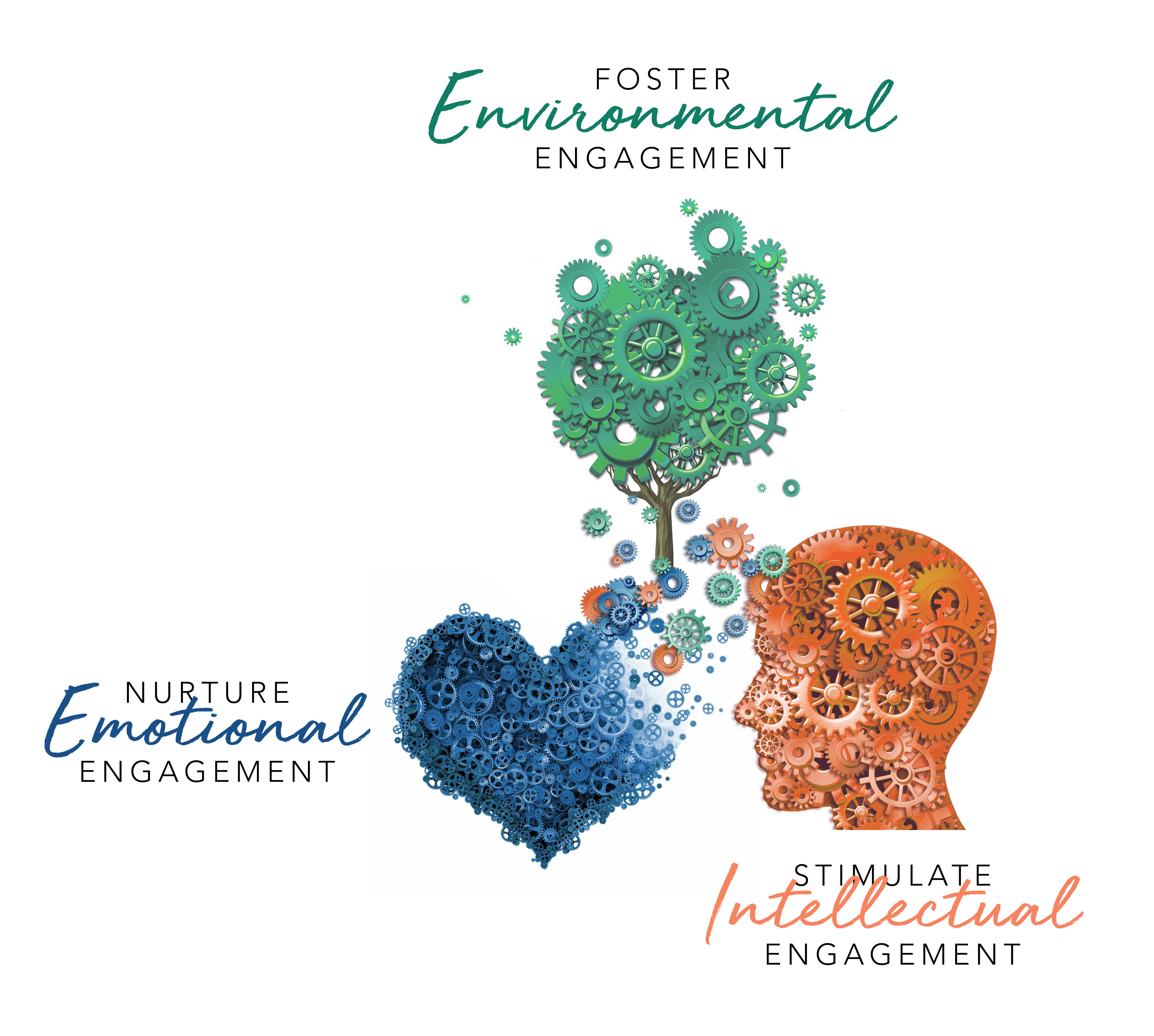Creating Engagement in the Blend
Hybrid Learning is the New Blended Learning Today’s learning environment is complicated. Not only do we need to intellectually engage individual...
3 min read
 Karen Vieth
:
Sep 16, 2024 8:00:00 AM
Karen Vieth
:
Sep 16, 2024 8:00:00 AM

As the hybrid workplace continues to evolve, virtual classrooms have become a cornerstone of corporate learning and development. Facilitating these online learning environments effectively is essential to ensure that employees not only absorb the material but also engage, participate, and apply their knowledge in real-world scenarios. Mastering the art of virtual facilitation in hybrid environments is a critical skill that can elevate the impact of workplace learning programs.
Achieving excellence in facilitating virtual classrooms requires more than just teaching your trainers some technical know-how. It calls for a strategic approach to coaching, mentoring, continuous learning, and collaboration that empowers facilitators to create impactful learning experiences.
Facilitating a virtual classroom goes beyond delivering content. It involves managing the dynamics of a virtual group, fostering interaction, addressing diverse learning needs, and ensuring that participants remain engaged throughout the session. When done effectively, virtual facilitation can enhance learning outcomes, increase knowledge retention, and drive meaningful behavior change in the workplace.
Mastery in virtual facilitation translates to more effective training sessions, better learner engagement, and ultimately, a more skilled and capable workforce. It’s about transforming a virtual classroom into a vibrant, interactive space where learners can thrive.
Developing your team’s ability to excel in virtual classroom facilitation involves a combination of training, practice, and support. Here are some of the key strategies to guide your team toward mastery:
Clarify the Role and Expectations of a Virtual Facilitator
Start by defining what excellence in virtual facilitation looks like in the context of learning at your organization. This includes setting clear expectations for how facilitators should engage learners, manage time, use digital tools, and adapt to the unique needs of virtual environments. This is where a robust rubric could be helpful. Having the virtual facilitation quality standards clearly documented allows for a consistent approach to coaching your team.
Invest in Specialized Training
Equip your facilitators with targeted training that goes beyond general facilitation skills. Focus on virtual-specific techniques such as how to use engagement tools (like polls, chat, and breakout rooms), how to read the virtual room, and how to maintain learner attention over longer periods. InSync offers a full suite of interactive workshops and certificate programs for facilitators to experience these tools and techniques as learners before using them in their sessions.
Promote Peer Learning and Knowledge Sharing
Facilitation is both an art and a science, and peer learning can be invaluable in honing these skills. Encourage facilitators to observe each other’s sessions, share insights, and discuss what works and what doesn’t. Create communities for facilitators to exchange ideas and solutions, fostering a collaborative environment where everyone is committed to continuous improvement.
Provide Opportunities for Practice and Reflection
Mastery is built through practice. Provide ample opportunities for facilitators to rehearse their sessions in a safe, supportive environment. Simulate real-world training scenarios where they can test their skills, experiment with different approaches, and receive constructive feedback. Follow these practice sessions with reflection and discussion to reinforce learning.
Offer Continuous Coaching and Feedback
Virtual facilitation skills evolve over time, and facilitators need ongoing support to refine their techniques. Regular coaching sessions, personalized feedback, and access to resources like recorded sessions or best-practice guides can help facilitators continuously improve. Encourage facilitators to set personal goals based on the facilitation rubric and track their progress to keep them motivated.
Leverage Technology to Enhance Learning Experiences
Ensure that facilitators are not only comfortable with the technology but also skilled in using it to create engaging, interactive learning experiences. This includes knowing when and how to use features like screen sharing, collaborative documents, and interactive whiteboards. Keeping up-to-date with the latest tools and trends in virtual learning can also give facilitators an edge in delivering dynamic and effective sessions. What’s more, leveraging technology to assess and coach your team can be powerful. Consider technologies such as Bongo which provide facilitators with automated coaching and feedback on their vocal style and delivery.
Developing excellence in virtual facilitation is a collaborative effort. By working together, facilitators can learn from each other’s experiences, share best practices, and collectively raise the standard of virtual training within the organization.
Collaboration leads to innovation in facilitation techniques, helping teams to discover new ways to engage learners and create more impactful sessions. When facilitators collaborate, they also build a sense of community and shared purpose, which enhances their commitment to delivering high-quality learning experiences.
Mastering the facilitation of virtual classrooms is a journey that requires intentional coaching, practice, and collaboration. By setting clear expectations, investing in specialized training, promoting peer learning, and providing continuous support, you can guide your facilitators toward excellence.
Invest in your facilitators today, and watch as they transform virtual classrooms into powerful learning environments that drive real results. Check out InSync’s comprehensive catalog of interactive workshops and certificate programs for facilitators to upskill and reskill for virtual training excellence every time.

Hybrid Learning is the New Blended Learning Today’s learning environment is complicated. Not only do we need to intellectually engage individual...

It almost goes without saying that "good" virtual facilitators possess virtual classroom literacy, are technically savvy, and practice good time...